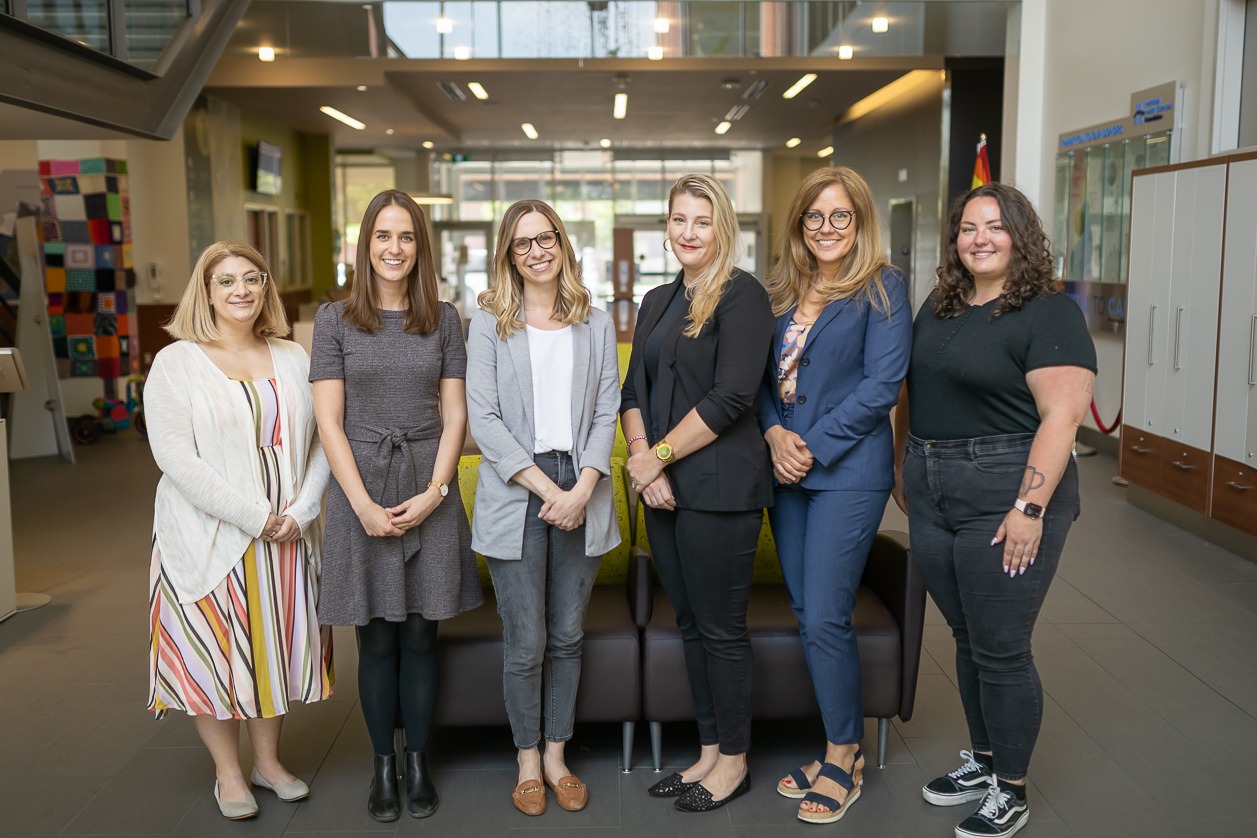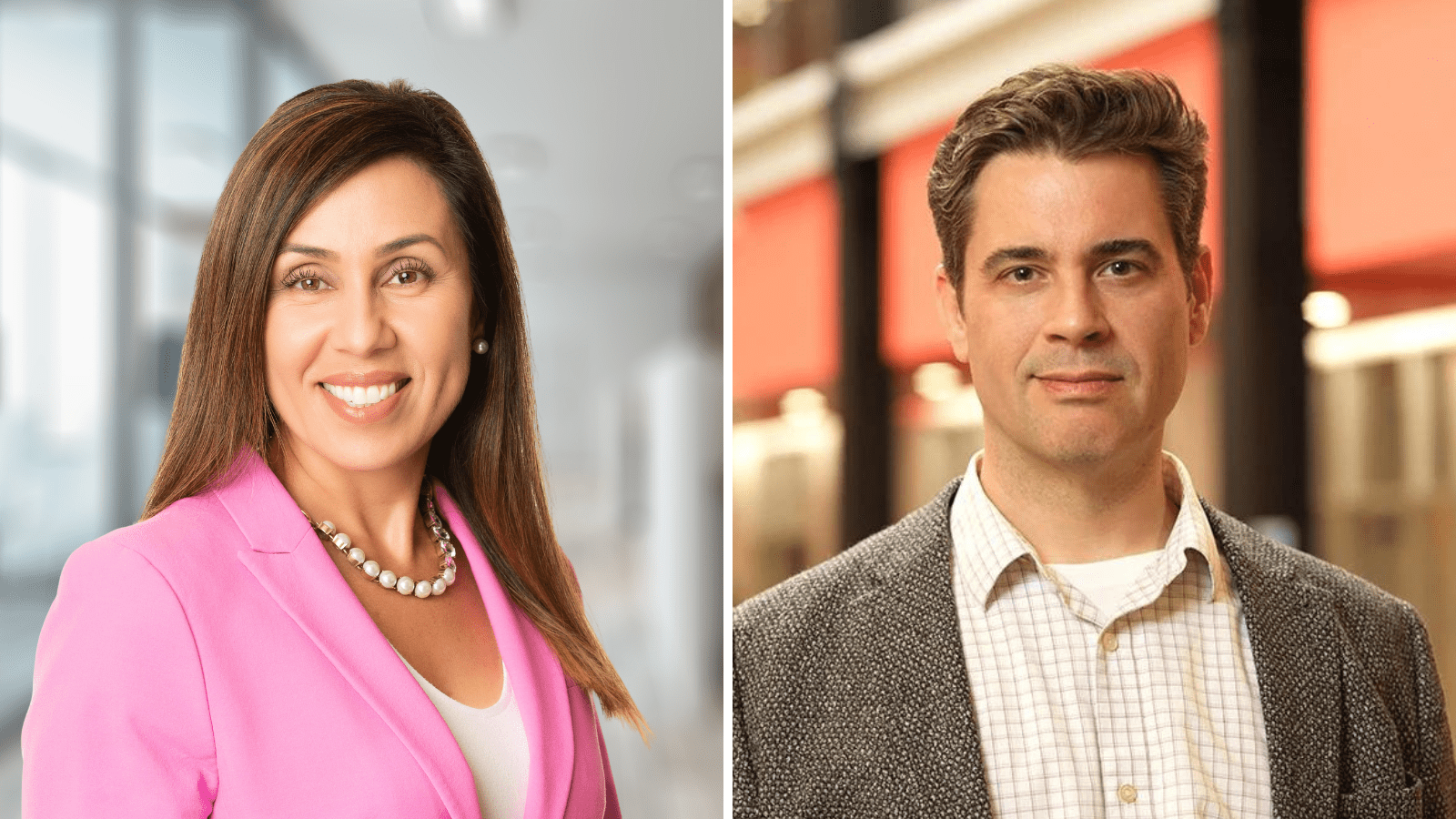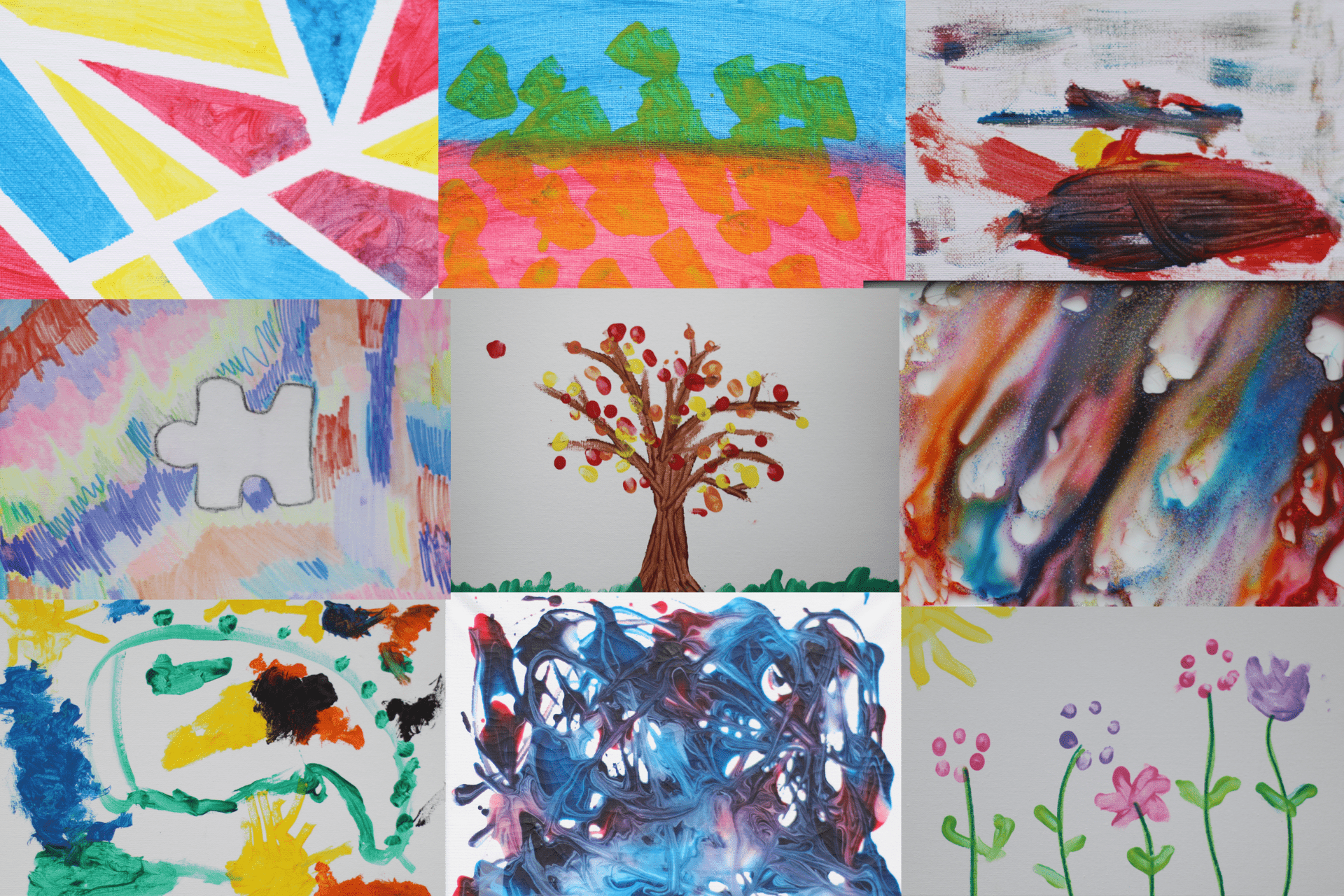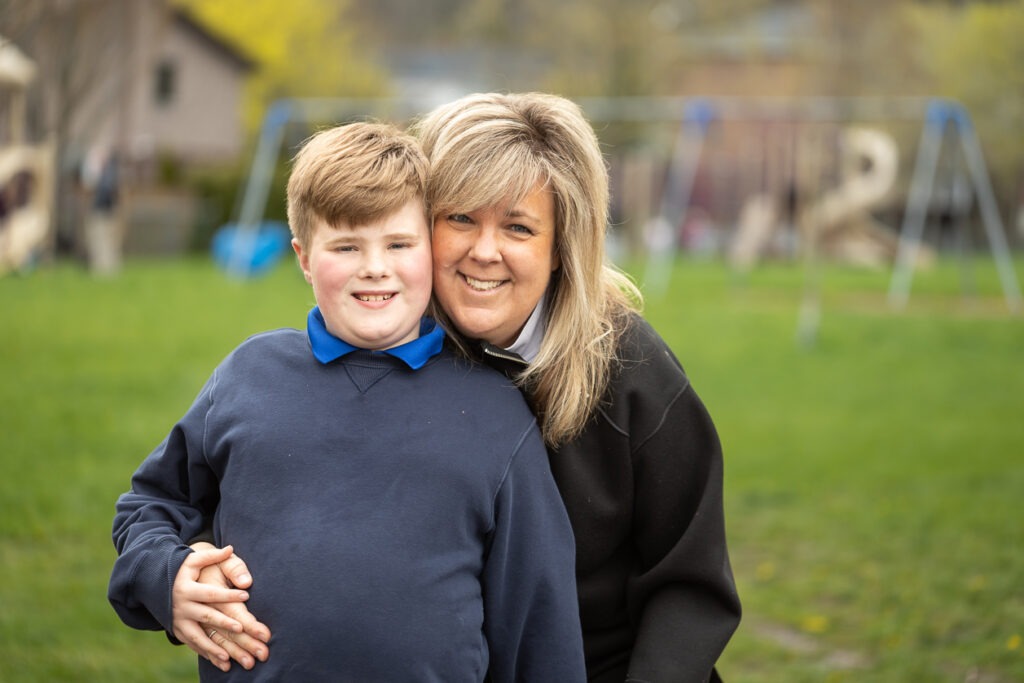
Transforming care for neurodevelopmental disorders with a learning health system
Navigating the Canadian health-care system can be daunting for families with children living with neurodevelopmental disorders like autism or ADHD.
As a caregiver and advocate for her child’s needs, as well as a researcher, Karen Beattie knows this struggle all too well. Her journey began when her son Freddie was born prematurely at 29 weeks, weighing only 1.7 pounds. This was when he first became a patient of Hamilton Health Sciences’ (HHS) McMaster Children’s Hospital (MCH).
Now nine years old, Freddie has received ongoing care at MCH’s Ron Joyce Children’s Health Centre to support his needs related to Developmental Coordination Disorder and social skills.
Better communication for better care
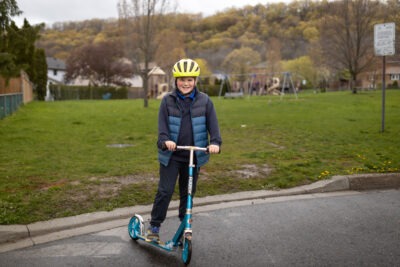
The learning health system will help patients like Freddie have an easier time with multiple specialists.
“We often talk about lack of or miscommunication between teams, and sometimes between parents and teams,” says Beattie. “Health-care providers do their own thing really well. But being aware of what each other is doing and how they can approach helping kids from all perspectives is also important.”
To help solve this issue, MCH, HHS’ Centre for Data Science and Digital Health (CREATE) and McMaster University are part of a Hamilton-based team creating a learning health system (LHS) for neurodevelopmental disorders. The team includes researchers, clinicians, community leaders, as well as parents of children with neurodevelopmental disorders, like Beattie.
Connecting clinical care and research
A learning health system is a digital framework that connects clinical care and research in health-care organizations. It uses routinely collected health data stored within multiple electronic record systems for research and quality improvement. And, through a type of artificial intelligence called natural language processing, it can collect data from clinical notes that would otherwise need to be manually reviewed.
Having all this data accessible in one place is rarely achieved due to the siloed nature of health care.
The goal of this LHS is to empower families, explore advancements in care, and translate evidence into policy and practice. Patients, families and clinicians will all have access to the same digital family portal, which means caregivers won’t be burdened with the need to repeat their stories to different specialists throughout their child’s lifespan. This portal will also collect data to monitor the developmental trajectories and outcomes of Canadians living with neurodevelopmental disorders and their families as they move through our social, health and education systems from infancy through to adulthood.
Streamlining the family journey
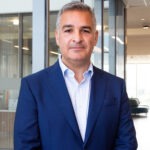
Stelios Georgiades
“In Hamilton and across Canada, thousands of families use developmental, rehabilitation, behavioural, and mental health services separately or simultaneously. But instead of navigating one unified health-care system, families often have to deal with multiple micro-systems depending on their child’s evolving needs and where the services are available,” says Stelios Georgiades, director of the Offord Centre for Child Studies, a research institute of HHS and McMaster University, and MCH Chair in Autism and Neurodevelopment.
“Clinicians want to work together, but our siloed systems do not foster interdisciplinary collaboration. CREATE experts will build the data infrastructure and real-time knowledge translation we need to integrate clinical care and streamline the family journey,” he says.
Growing to a national project
A $1.5 million grant from the Azrieli Foundation supports phase one of the LHS within Hamilton. Evidence from MCH’s first phase will be used to scale up the project to become a national LHS for neurodevelopmental disorders.
“We believe that learning health systems can help move knowledge into practice and improve the experience for the millions of Canadian families living with neurodevelopment disorders,” says Georgiades. “Our goal is to ensure that every child gets the care they need in a timely and equitable manner.”
The Azrieli Foundation and McMaster University – A Collaboration to Advance the Health of the Neurodivergent Community from McMaster University (OFFICIAL) on Vimeo.

